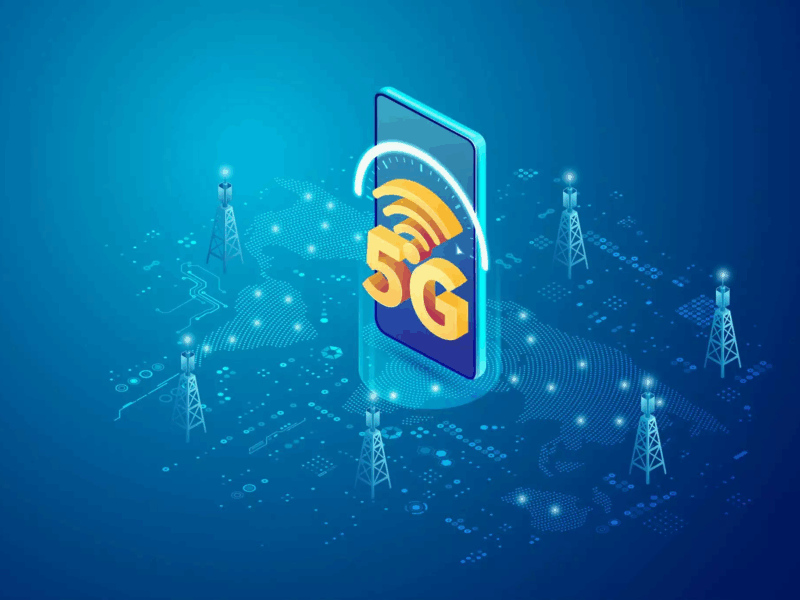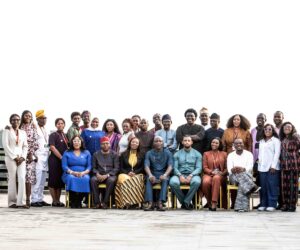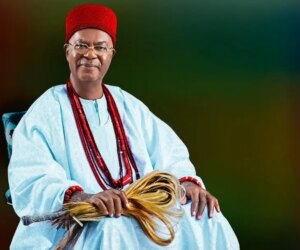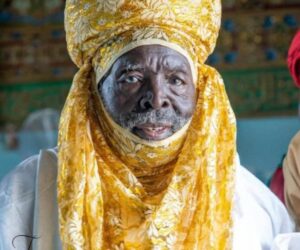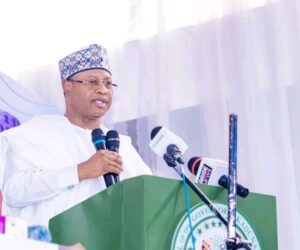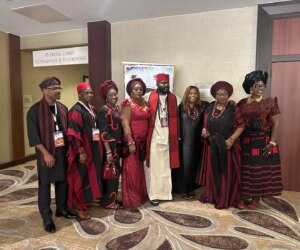1
…Only 5m Subscribers Connected In 3 Years, Mafab Dormant
LAGOS – Almost five years after the race for Fifth Generation (5G) technology started in Nigeria with promises by telecom operators to massively deploy the services across the country, the expected excitement from the innovative technology seems to be waning due to investment challenges which are impeding the rollout even as a major licensed operator, Mafab, has gone quiet after its launch in Abuja and Lagos in 2023.
When 5G was launched in Nigeria in September 2022, it came with bold promises to permeate the country with ultrafast speeds, low latency, and a leap toward smart city innovation.
But three years on, the pace has slowed with very few Nigerians connected to the service.
The cost of relevant infrastructure has become a major barrier for the operators to roll out the service as fast and steady as expected.
Mafab, which is the third 5G licensed operator, officially launched its 5G services in Lagos and Abuja in January 2023 after MTN and Airtel kick started their operations.
After the Lagos and Abuja launch, the company promised to begin operations in about four other cities in Nigeria, Port Harcourt, Enugu, Kano and Kaduna, even as it promised to cover the whole of the country in no distant time.
But despite the promises of Mafab to aggressively deploy 5G technology after its initial rollout, the company has put Nigerians in suspense with delay in deploying its services across the country.
The silence of Mafab alongside the slow expansion drive of MTN and Airtel has led to doubt about having a robust 5G service in Nigeria’s telecom landscape.
In the last two years, MTN and Airtel, which are two licensed operators, have been recording huge losses.
This development has incapacitated them to invest and reinvest in their respective operations to buoy the 5G service.
MTN has been in the forefront of the 5G rollout. Being the largest operator in the country with a strong financial base and subscription number, the network has been able to push for investment partnerships to boost its network infrastructure marginally since it launched. But the economic climate has impacted on the service provider negatively.
Despite owning over 2,000 active 5G sites across 13 cities as of early this year, the company has been bogged down by negative financial reports— hundreds of billions of naira, which weakened its 5G service rollout drive with a meagre but stable 12.7% subscription.
Airtel on its part, had only 200 active 5G sites across the country while the third operator, Mafab, is still delaying its rollout after its launch in 2023.
Speaking on the development, the Executive Vice Chairman of NCC, Aminu Maida, highlighted high infrastructure costs, weak consumer demand and cost of 5G devices as challenges that have slowed down the deployment and adoption of 5G technology.
According to him, “The operators are doing their best in pushing the 5G out to Nigerians, but the cost weight is very heavy because of capital expenses required for the technology. The reality is that the equipment for this technology are not home-made, they are being imported in foreign currencies. The devaluation of our currency will take a heavy toll on the operators who want to order the infrastructure for 5G.
“In recent years, the operators have been spending a lot, and that is why they were recording losses until this year they are trying to bounce back because of the tariff increase. Notwithstanding, I think they are trying to deploy more of 4G because 4G devices are more accessible and affordable that 5G devices”.
Also speaking on the reason for the slow traction of 5G in Nigeria, the Chief Executive Officer of Airtel Nigeria, Dinesh Balsingh, blamed the dearth and the high cost of 5G devices in the country.
“5G network is very much available in Nigeria, but may have had slow traction due to the dearth and high cost of 5G devices. We cannot deploy 5G to places we know don’t have the devices compatible with the technology,” he said.
As at June 2025, data from the Nigerian Communications Commission (NCC) showed that only 3.07 percent (about 5.27 million) have access to 5G of the 171 million active telephone users in the country.
The figure recorded in Nigeria is quite disappointing when compared to that of South Africa with less population.
By December 2024, South Africa recorded 10.8 million 5G subscribers, comprising mobile 5G and fixed-wireless use.
Corroborating NCC EVC’s explanation, the African Telecommunications Union (ATU) said the primary barriers to 5G adoption in Africa remain in five key areas: mobile devices, services, infrastructure, spectrum, and policy or regulation. According to ATU, the high cost of 5G-compatible phones prevents mass adoption of 5G services.
The ATU has suggested that while 5G compatible phones are available from vendors starting at $150 (about N230,000), many people in African countries cannot afford smartphones at current prices. Therefore, governmental, regulatory, and operator-level interventions will be necessary to make devices more affordable and foster a conducive environment to continue 4G growth and 5G adoption.
Furthermore, other challenges limiting the widespread rollout of 5G networks in Africa and indeed Nigeria, according to the union, include the high cost of deploying telecom technology, the unavailability of essential 5G frequency spectrum, the lack of capacity and availability of fiber optic networks, insufficient incentives for inter-industry collaboration, and the absence of standards or guidelines on cross-border data exchange management. The African branch of the ITU emphasises that appropriately addressing these issues will make 5G a growth lever for African economies.
According to Omdia, a sister company of Light Reading, a telecommunications industry information company based in New York City, specific 5G use cases are rare, Nigerian operators are expected to promote faster connectivity initially. Omdia forecasts that 5G will represent 15% of Nigeria’s 263 million mobile subscriptions in 2026. But from all indications, the set target will not see the light of the day.
By 2030, the GSMA estimates that 5G alone could contribute $10 billion to the regional economy, representing 6% of the mobile sector’s total economic impact.
With the pace of 5G deployment and adoption in Nigeria, industry observers doubt if the technology’s near-term impact on the telecom market will be felt sooner than later.

